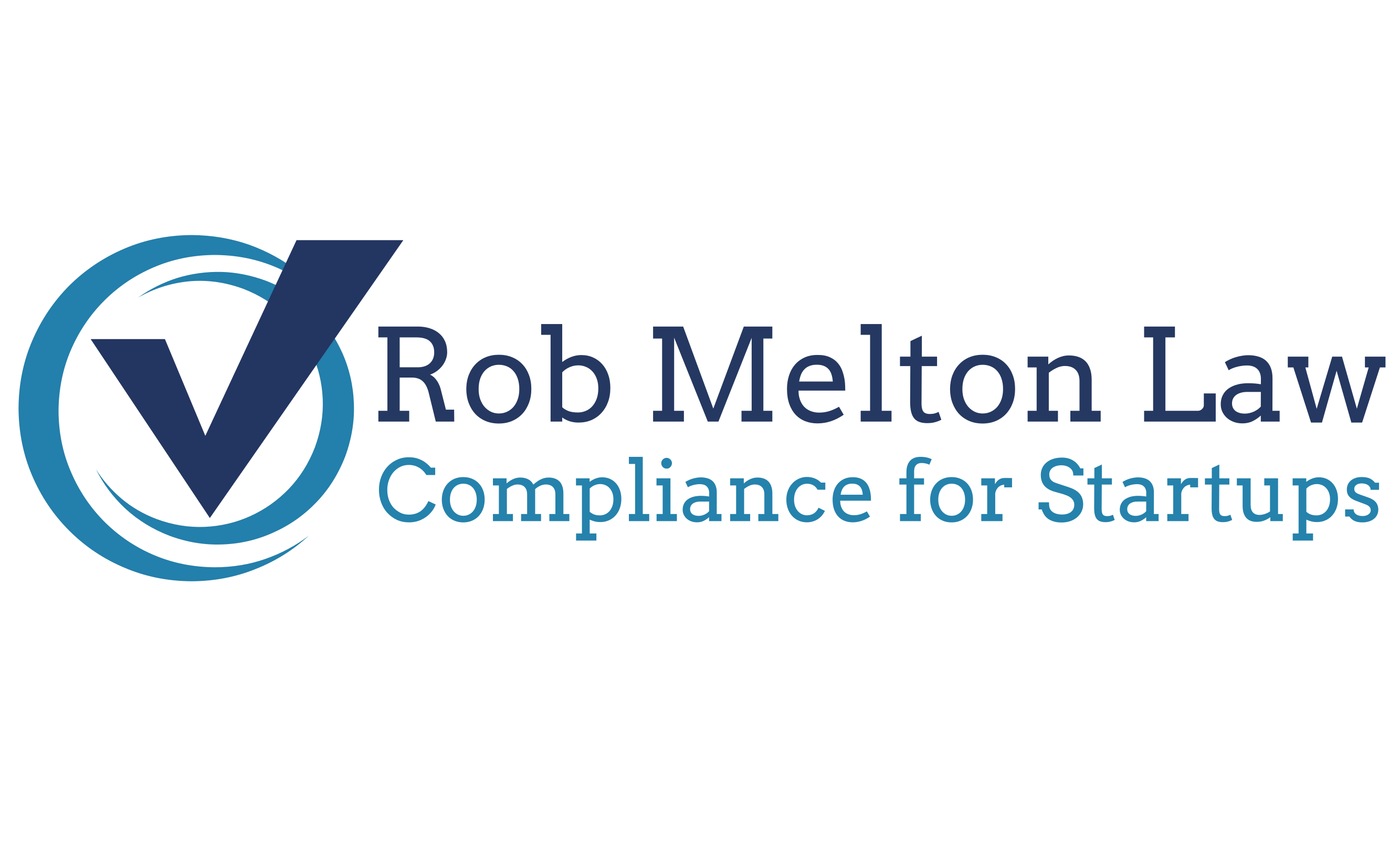A covered entity, such as a healthcare provider or organization, may need a lawyer to negotiate a Business Associate Agreement (BAA) for several reasons:
a) Legal Expertise: Business Associate Agreements involve complex legal and regulatory considerations. An experienced healthcare attorney can provide valuable expertise and guidance to ensure that the BAA aligns with the requirements of HIPAA (Health Insurance Portability and Accountability Act) and other applicable laws. They can navigate the intricacies of the regulatory landscape, interpret legal language, and offer advice on compliance obligations.
b) Risk Mitigation: A lawyer can help the covered entity identify and assess potential risks associated with the BAA. They can review the terms and provisions, negotiate liability allocation, and ensure that appropriate safeguards are in place to protect the covered entity’s interests. By addressing potential risks and liabilities, the lawyer helps mitigate legal and financial exposure, safeguarding the covered entity from potential disputes or legal consequences.
c) Contractual Clarity: Business Associate Agreements require precise and unambiguous language to clearly define the rights, responsibilities, and obligations of both parties. Lawyers are skilled in drafting and interpreting contracts, ensuring that the terms are clear, comprehensive, and enforceable. They can help negotiate and clarify provisions related to data protection, security measures, breach response, indemnification, and other critical aspects of the BAA.
d) Compliance Assurance: Lawyers familiar with healthcare laws and regulations can ensure that the BAA complies with all relevant legal requirements. They can review the covered entity’s existing policies and procedures, assess their alignment with HIPAA and other privacy laws, and provide recommendations for necessary updates or enhancements. Lawyers help the covered entity navigate the complexities of compliance, reducing the risk of non-compliance and potential penalties.
A business associate, on the other hand, may also require a lawyer to negotiate a Business Associate Agreement (BAA) for the following reasons:
a) Legal Analysis: Business associates often handle sensitive health information on behalf of covered entities, which subjects them to strict legal and regulatory obligations. A lawyer with expertise in healthcare law can analyze the BAA’s terms and provisions, assess the business associate’s legal obligations, and ensure compliance with HIPAA, privacy laws, and other applicable regulations. They can help the business associate understand the legal implications of the BAA and provide guidance on meeting their contractual obligations.
b) Contractual Protection: Lawyers can help business associates protect their interests and mitigate potential risks by negotiating favorable terms in the BAA. They can advocate for appropriate indemnification provisions, liability limitations, and contractual safeguards to minimize the business associate’s exposure to legal and financial liabilities. Lawyers can also help ensure that the BAA aligns with the business associate’s business model, objectives, and risk tolerance.
c) Compliance Support: Business associates must comply with HIPAA and other privacy laws when handling protected health information. Lawyers can assist in developing and implementing privacy policies, security measures, breach response protocols, and other necessary compliance measures. They can advise on internal processes, employee training, and data protection practices to help the business associate meet regulatory requirements and avoid potential violations.
d) Negotiation Skills: Lawyers possess negotiation skills that can be valuable during BAA negotiations. They can effectively advocate for the business associate’s interests, help balance the contractual obligations, and strive for mutually beneficial terms. Lawyers can identify potential areas of concern, propose appropriate modifications, and ensure that the BAA accurately reflects the business associate’s role, services, and responsibilities.
Overall, involving lawyers in BAA negotiations for both covered entities and business associates helps protect their legal rights, ensure compliance with healthcare laws and regulations, and mitigate the risks associated with handling sensitive health information. Lawyers provide the necessary expertise, guidance, and contractual insight to navigate the complexities of BAAs and foster a secure and compliant business relationship.

